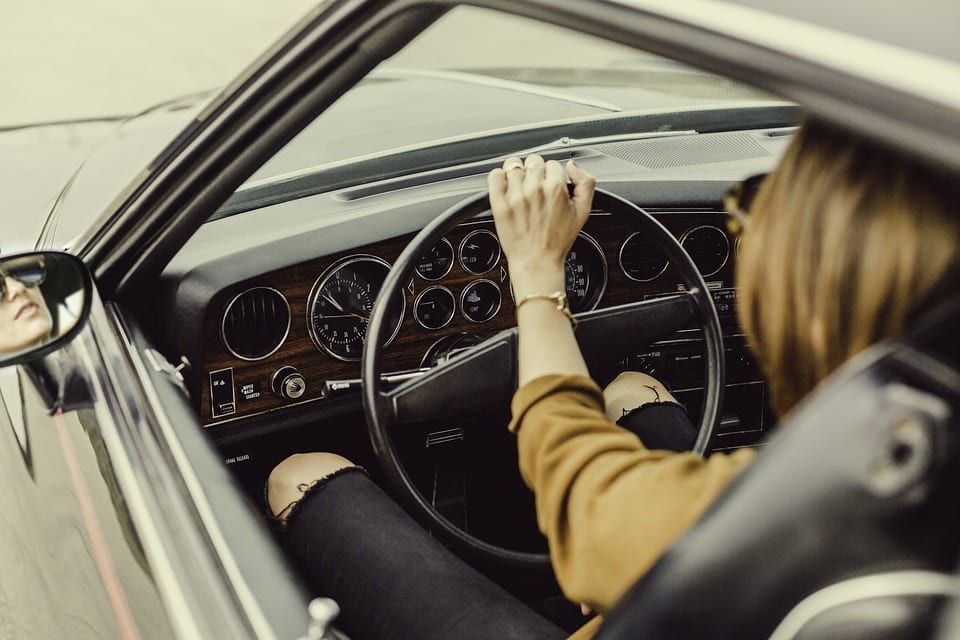Uber is up, ratings are down and Elon looks forward. LegalRideshare breaks it down.
HERide looks out for safety, one Uber drivers not going to the dogs, and putting your Tesla to work. This Week in Rideshare has it all!
MONDAY 8/1/22
A visually impaired woman with a service animal was denied Uber rides. KDVR explains:
When Licon orders an Uber, she usually gets a ride. But on one ride back in May, she was denied service by a driver who argued she may only order a ride through “Uber Pet.”
“Which is incorrect, Uber Pet is set up for riders to bring their pets. However, my service dog is a service dog, therefore I’m allowed to bring her anywhere that has public access,” Licon said.
Another driver saw her with her guide dog and just drove off.
Another incident involved an Uber driver blaming Melisa and her dog for making a mess in the car.
“It turns out that the driver had charged an enormous cleaning fee for his car,” Licon said.
That cost her about $150, a fee recently refunded by Uber.
TUESDAY 5/2/22
In light of the growing reports of sexual assault, a Lyft driver started a rideshare app just for women. MSNBC reported:
That’s why after hearing stories of assault and harassment from female rideshare passengers and drivers alike, former basketball player and Lyft driver Jillian Anderson co-founded HERide, a female-centric driving app operating in Atlanta, Georgia.
HERide, which began beta testing in March this year, employs only female drivers. In turn, any passenger can use the app, but drivers have the right to deny rides to anyone who gives them unsafe vibes — a benefit they do not enjoy on the major apps, according to Anderson.
HERide hit hurdles getting off the ground during the pandemic, said Anderson, but today, there are 73 independent contractor drivers on the app. With three staff members on payroll, HERide has delivered 500 rides so far total in the Atlanta area. Anderson said HERide charges passengers similar rates to Lyft and Uber in Atlanta. However, HERide takes 20 percent of profits from each ride, while Lyft and Uber have been known to take larger chunks in major cities — including 48 percent in San Francisco.
WEDNESDAY 5/3/22
The number of Uber drivers has gotten a boost. BBC reported:
Almost 5 million people are now picking up passengers or making food deliveries for the company, 31% more than last year, boss Dara Khosrowshahi said.
Uber said there were 1.87 billion trips on the platform in the April-June period — an average of roughly 21 million per day — up 24% from last year, and 12% more than were taken in 2019 before the pandemic hit.
The rise in demand helped push gross bookings up 33% to $29.1bn (£24bn)
THURSDAY 5/4/22

Gig workers have a new boss: ratings. Forbes India reported:
What these platforms have created, in effect, is a system where the traditional role of the manager has been fully outsourced to customers and their star-based ratings. As Rahman and his colleague, Lindsey Cameron at Wharton, write in a new paper, “the rise of this algorithmically mediated customer control to monitor and evaluate individuals has effectively given many workers a new, digital ‘boss.’”
The researchers divided the gig worker–customer interaction into three stages — before, during, and after the task — and found that each stage generated distinct forms of worker actions intended to recover some of their control over the process of being rated.
With each subsequent stage, workers’ ability to resist unfair ratings diminished, the researchers found. And efforts to remain vigilant over a prolonged service encounter and try to maintain high ratings contributed to feelings of fatigue among workers.
FRIDAY 8/5/22
Telsa’s robotaxis could be the next Uber / Airbnb combo. Or so Elon Musk thinks. NY Post added:
When Tesla’s Full Self-Driving is fully operation, Musk said Tesla owners will have the choice of using it themselves or adding their cars to the robotaxi fleet to earn money when they do not need them.
“I think it would end up being some kind of combination of like Airbnb and Uber.”
“Look at how many cars are parked. There are parking lots full of cars everywhere. Because cars need a driver, so most of the time they’re doing nothing,” Musk said.
Musk estimated that a typical vehicle added to the system would see its usage jump from 12 hours a week to 60 hours a week and become a revenue generator.
LegalReader thanks our friends at LegalRideshare for permission to share this news. The original is found here.


Join the conversation!